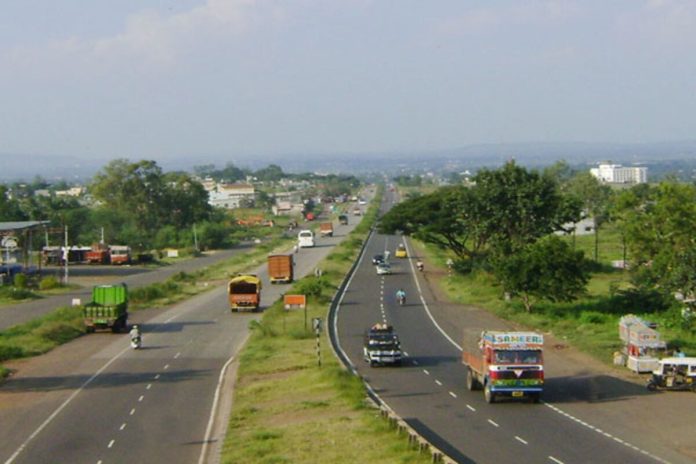Snapshot
-
- The Transport Ministry has recently focused on improving road design and safety.
- Gadkari has urged all state transport ministers and officials to coordinate efforts in order to cut the number of road deaths and accidents in half by 2024.
The Union government has directed state governments to eliminate all sorts of encroachments from national highways.
Recently, the Ministry of Road Transport and Highways (MoRTH) has written to the relevant authorities in response to reports of encroachment on national highways.
The ministry asked that they educate field units and organise periodic drives to clear the National Highway (NH) area of all forms of encroachment.
The letter states that “encroachment of NH land whether of permanent nature or of a temporary nature is a matter of grave concern for traffic management and operations and future up-gradation projects”.
According to Economic Times, the letter noted that the national highways were being encroached upon by dhabas and vegetable sellers, seriously impacting free flow of traffic and leading to road accidents.
“The Control of National Highways (Land & Traffic) Act, 2002 has empowered the NH officers to take action against encroachments but still there are a lot of encroachments on NH land,” the letter added.
Nitin Gadkari, the Minister of Road Transport and Highways, previously said that, in India, a total of 1.5 lakh people died, while more than 4.5 lakh people got injured in road accidents every year, resulting in social-economic losses from accident deaths equivalent to 3.14 per cent of GDP every year.
He said, 70 per cent deaths are in the age group of 18 to 45 years, which is nearly 415 people dying per day in India.
The Transport Ministry has recently focused on improving road design and safety.
Gadkari has urged all state transport ministers and officials to coordinate efforts in order to cut the number of road deaths and accidents in half by 2024.


